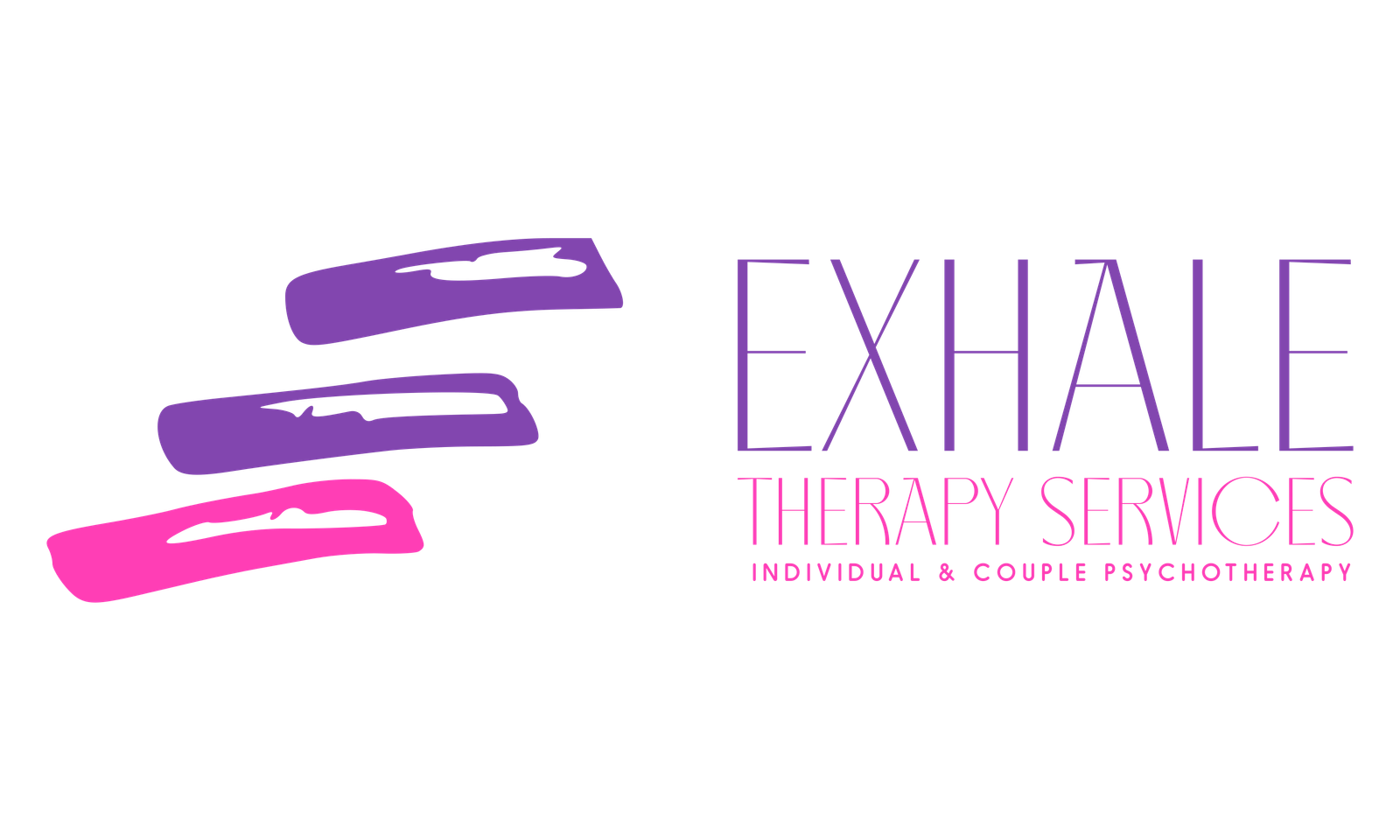Coping with Agoraphobia: Strategies for Managing Anxiety in Public Spaces

Image Source: FreeImages
## Understanding Agoraphobia: Definition and Symptoms
Agoraphobia is a complex and often misunderstood anxiety disorder. By definition, agoraphobia is the fear of open spaces, often accompanied by the fear of being unable to escape or find help in such places. This fear can result in a significant impact on an individual’s daily life and activities. However, it is essential to understand that agoraphobia is not only limited to the fear of open spaces but can also include crowded or enclosed spaces, public transportation, and even being outside of one’s home.
The symptoms of agoraphobia can be both psychological and physical in nature. Psychological symptoms include excessive and persistent fear, dread, or anxiety in specific situations, such as being in a crowded place or traveling on public transportation. In addition, you may experience a fear of losing control, embarrassment, or the inability to escape from the situation. Physical symptoms can include heart palpitations, sweating, trembling, shortness of breath, dizziness, and nausea.
It is important to remember that the severity and specific symptoms of agoraphobia can vary from person to person. While some individuals may experience mild anxiety in specific situations, others may be completely debilitated by their fear, making it difficult for them to leave their homes or engage in daily activities.
Causes of Agoraphobia
While the exact cause of agoraphobia is not fully understood, several factors are thought to contribute to its development. One possible factor is genetics, as individuals with a family history of anxiety disorders may be more likely to develop agoraphobia. Additionally, certain life experiences and environmental factors may also play a role in the development of agoraphobia.
For example, experiencing a traumatic event, such as a crime, accident, or natural disaster, can potentially trigger the onset of agoraphobia. Furthermore, individuals who have a history of panic attacks or other anxiety disorders may be at an increased risk for developing agoraphobia. Finally, certain personality traits, such as being more sensitive or cautious, may also predispose an individual to agoraphobia.
How Agoraphobia Affects Daily Life
Agoraphobia can significantly impact an individual’s daily life, as its symptoms can make even mundane tasks and activities seem overwhelming and unmanageable. For example, you may avoid certain situations or environments that trigger your anxiety, such as crowded shopping malls, public transportation, or even stepping outside your home. Additionally, you may experience feelings of isolation and loneliness, as your fear may prevent you from socializing or participating in activities you once enjoyed.
The impact of agoraphobia on your daily life can also extend to your relationships with friends and family, as they may struggle to understand and support your needs. Furthermore, the disorder can negatively affect your professional life, making it difficult for you to maintain steady employment or excel in your chosen career. In some cases, agoraphobia can lead to depression, substance abuse, or other mental health disorders, further exacerbating the challenges you face in your daily life.
Diagnosis and Treatment Options for Agoraphobia
Diagnosing agoraphobia involves a comprehensive evaluation by a mental health professional, such as a psychologist or psychiatrist. This evaluation typically includes a thorough discussion of your symptoms, medical history, and any relevant family history. Additionally, the professional may utilize standardized questionnaires or assessment tools to further assess the severity and impact of your agoraphobia.
Once a diagnosis has been made, there are several treatment options available to help you manage your agoraphobia. One common treatment approach is medication, such as selective serotonin reuptake inhibitors (SSRIs) or benzodiazepines, which can help manage anxiety and panic symptoms. However, medication is typically most effective when used in conjunction with other forms of therapy, such as cognitive-behavioural therapy (CBT).
CBT is a widely used and effective treatment option for agoraphobia. This type of therapy helps you identify and change negative thought patterns and behaviours that contribute to your anxiety. Through CBT, you will learn coping strategies and techniques to help you face and manage your fears in a controlled and safe environment. In addition, exposure therapy, a specific form of CBT, can be particularly helpful for those with agoraphobia, as it involves gradually facing and confronting the situations or environments that trigger your anxiety.
Self-Help Strategies for Managing Agoraphobia
In addition to professional treatment, there are several self-help strategies that can help you manage your agoraphobia and improve your overall mental health. For example, practicing relaxation techniques, such as deep breathing exercises, mindfulness meditation, or progressive muscle relaxation, can help reduce anxiety and promote a sense of calm.
Another helpful strategy is to establish a support network of friends, family members, or support groups who understand your struggles with agoraphobia. Sharing your experiences and feelings with others can help alleviate feelings of isolation and provide encouragement as you work towards overcoming your fears.
Lastly, setting realistic goals for yourself can also be beneficial in managing agoraphobia. Start with small, manageable tasks, such as walking to the end of your driveway or visiting a nearby store, and gradually progress to more challenging situations as your confidence and coping skills improve.
Techniques for Dealing with Fear of Open Spaces
If your agoraphobia primarily involves a fear of open spaces, there are several techniques you can use to help manage this specific fear. First, try to break down the situation into smaller, more manageable steps. For example, instead of focusing on the entire task of walking through a large, open park, focus on taking one step at a time.
In addition, it can be helpful to use grounding techniques to help you stay present and focused during moments of heightened anxiety. These techniques may include focusing on your breath, repeating a calming phrase or mantra, or engaging your senses by noting what you see, hear, and feel in the environment around you.
Lastly, try to identify any specific triggers or factors that contribute to your fear of open spaces, such as certain locations, times of day, or specific stimuli (e.g., loud noises or bright lights). By recognizing these triggers, you can better prepare and develop coping strategies to manage your anxiety in these specific situations.
Cognitive-behavioural Therapy (CBT) and Agoraphobia
As previously mentioned, cognitive-behavioural therapy (CBT) is a highly effective treatment option for individuals with agoraphobia. CBT focuses on identifying and changing negative thought patterns and behaviours that contribute to your anxiety, while also teaching you coping strategies to manage your fears.
During CBT sessions, you will work with a therapist to discuss your specific fears and anxiety triggers, as well as any unhelpful beliefs or thoughts you may have surrounding these situations. Your therapist will help you challenge and reframe these negative thoughts, replacing them with more rational and balanced perspectives.
One key aspect of CBT for agoraphobia is exposure therapy, which involves gradually facing and confronting the situations or environments that trigger your anxiety. Exposure therapy can be done in various ways, such as in-vivo exposure (directly facing the feared situation), imaginal exposure (visualizing the feared situation), or even virtual reality exposure. The goal of exposure therapy is to help you learn that your fears are often unfounded and that you can successfully manage your anxiety in these situations.
Lifestyle Changes to Support Agoraphobia Recovery
In addition to therapy and self-help strategies, making certain lifestyle changes can also support your recovery from agoraphobia. For example, ensuring that you maintain a healthy diet, exercise regularly, and get adequate sleep can all have a positive impact on your overall mental health and well-being.
Additionally, reducing your intake of caffeine and alcohol, as well as avoiding nicotine use, can help minimize anxiety symptoms, as these substances can exacerbate feelings of panic and unease. Furthermore, engaging in activities that promote relaxation and stress reduction, such as yoga, tai chi, or meditation, can also be beneficial in managing your agoraphobia.
Lastly, consider seeking out opportunities for personal growth and self-improvement, such as taking up a new hobby, joining a club or organization, or volunteering in your community. These activities can help you build self-confidence, develop new skills, and foster a sense of achievement, all of which can contribute to your overall mental health and well-being.
Conclusion and Maintaining Progress in Agoraphobia Management
In conclusion, coping with agoraphobia can be challenging, but with the right treatment, support, and self-help strategies, it is possible to overcome your fears and regain control over your life. Remember, recovery from agoraphobia is a process that takes time, patience, and persistence. By consistently practicing the techniques and strategies outlined in this article, you can make steady progress towards managing your anxiety and improving your overall mental health.
To maintain your progress and prevent relapse, it is essential to continue utilizing the coping strategies and techniques you have learned, even after your symptoms have improved. Additionally, consider seeking ongoing support through therapy, support groups, or regular check-ins with your mental health professional.
If you or someone you know is struggling with agoraphobia and would like professional guidance and support, book a session with us today. Our team of experienced mental health professionals can provide you with the tools and resources you need to manage your anxiety and regain control over your life. Remember, you are not alone in your struggles with agoraphobia, and there is help available to support you on your journey towards recovery.


